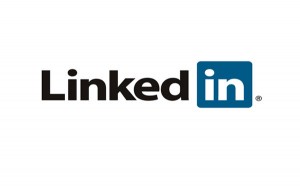I was in a conversation the other day with another Talent Pro and she was asking me for some advice on getting better applicants to apply for her postings. I asked a number of questions but one that really got the conversation moving was:
Do you know who you want to apply for this position?
She told me “Yes” and then went on to give the specifications of the job description. I said “No”, do you know the Name of the person you want to apply to this position? She laughed – she thought I was joking – I wasn’t. Well, I half-wasn’t. It was a quirky idea, but in the right environment and small to medium community you could really make a splash by actually naming your post after the person who you really want to take the job. Can you imagine!
Wanted “Michael Smith – Chemical Engineer” – please apply today!
The obvious issue at play here is – well – if I knew the name of the person I wanted, why wouldn’t I just call them up and ask if they wanted the job!? GREAT question – why don’t you? It’s actually fairly easy to find names of competitor employees you might want to hire. So, why don’t you call them up and ask them if they want the job you have? You know why? Because it’s F’ing hard to do! That’s why the search industry is a multi-Billion (with a “B”) business.
So, instead of calling them – just make a job posting with their name on it – and go float it around town – through your social channels, on your website, maybe a job board posting, etc. Believe me – it will get back to the person you are looking, and if they are interested – they will come calling. Seems silly, but I bet it would work far more than it wouldn’t. People like to feel wanted. How much more wanted can you get than a company creating a job posting with your “actual” name on it! THIS job is for me! You would say to yourself.
In a tough talent marketplace, sometimes it’s the easy, simple things that make the difference. Sometimes people just want to know they’re wanted. We make this search game so difficult sometimes. I always tell people I have the easiest job in the world. I just have to ask people if they are interested in a job, I have open. Pretty easy! I’m not trying to launch the space shuttle or fix someones heart – I just need to see if they would have interest in making a job change. The rest is just market variables, all of which, are probably pretty similar to the next guy. Many times, it comes down to only one thing – me showing interest in them, and their current company not showing the same level of interest in keeping them.
I say give it shot – what’s the worse that can happen – you get your community talking about your company and how aggressively you’re going after people? That’s not all bad – either way!

